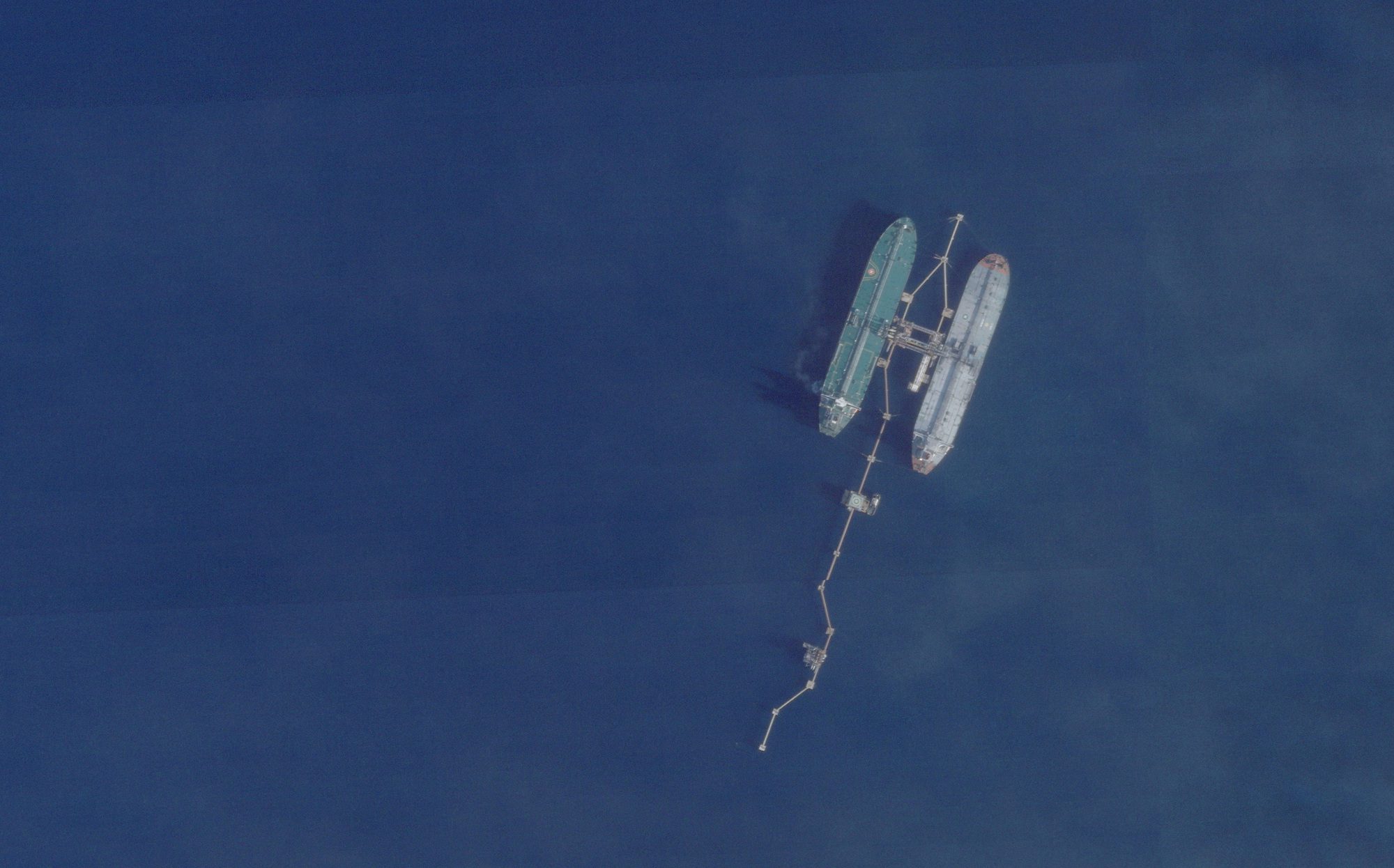Dry bulk ship recycling has plummeted to its second-lowest level in 16 years, with only 45 ships recycled so far in 2024, according to BIMCO, the world’s largest trade association for shipowners. This represents a mere 0.2% of the global dry bulk fleet, or 2.5 million deadweight tonnes (DWT).
“Between January and August 2024, the number of recycled ships has dropped 42% y/y… The market has seen high freight rates and strong demand, delaying the recycling of older ships,” said Filipe Gouveia, Shipping Analyst at BIMCO.
Several factors have contributed to this trend. Demand shocks over the past three years, including sanctions on Russian coal and rerouting away from the Red Sea and Panama Canal, have increased sailing distances and kept ships at sea longer. Additionally, the dry bulk sector has experienced low deliveries and limited newbuild contracting due to high prices and uncertainty regarding new fuels.
Despite the current low recycling rates, the dry bulk shipping market faces future challenges. Gouveia notes, “In the short term, fleet renewal will not be a significant challenge for the sector. The fleet is at its oldest since 2011, but only 9% of capacity is 20 years old or above.”However, future climate regulations will likely necessitate the replacement of older, less efficient ships.
Looking ahead, Gouveia predicts, “Over the coming years, ship recycling is anticipated to gradually rebound when transits through the Panama Canal and the Red Sea return to normal… In the medium term, stricter climate policy will further encourage recycling.”

 Join The Club
Join The Club









